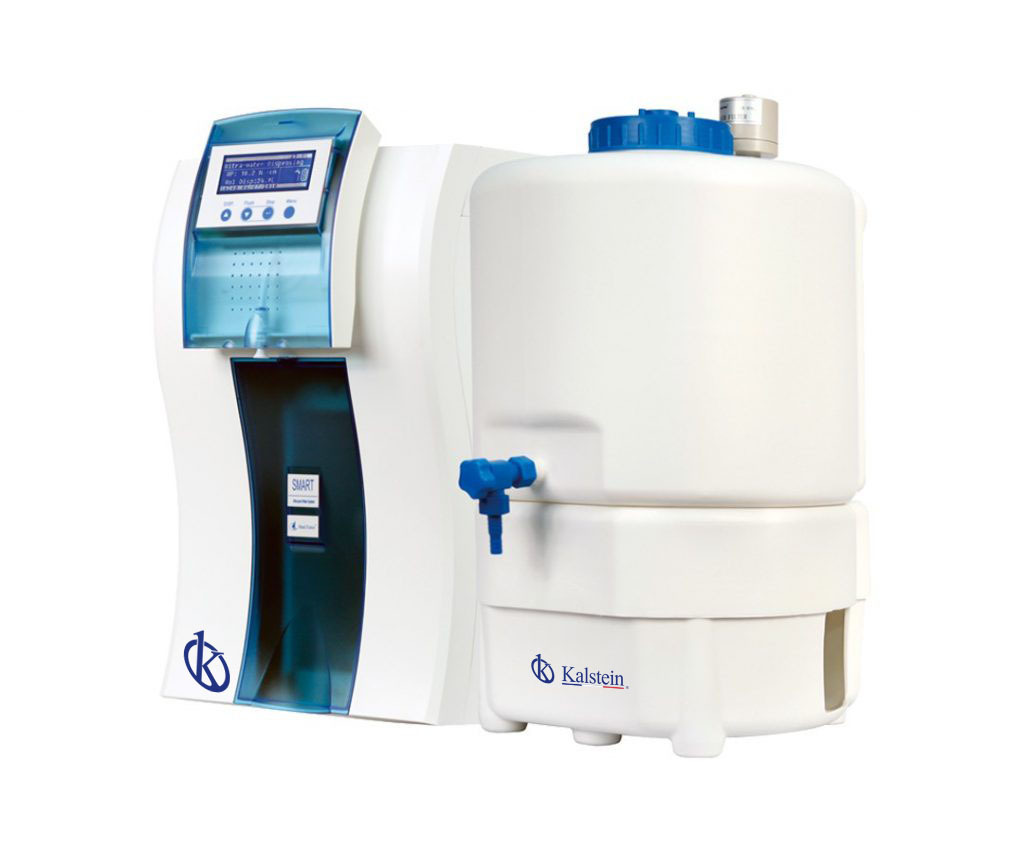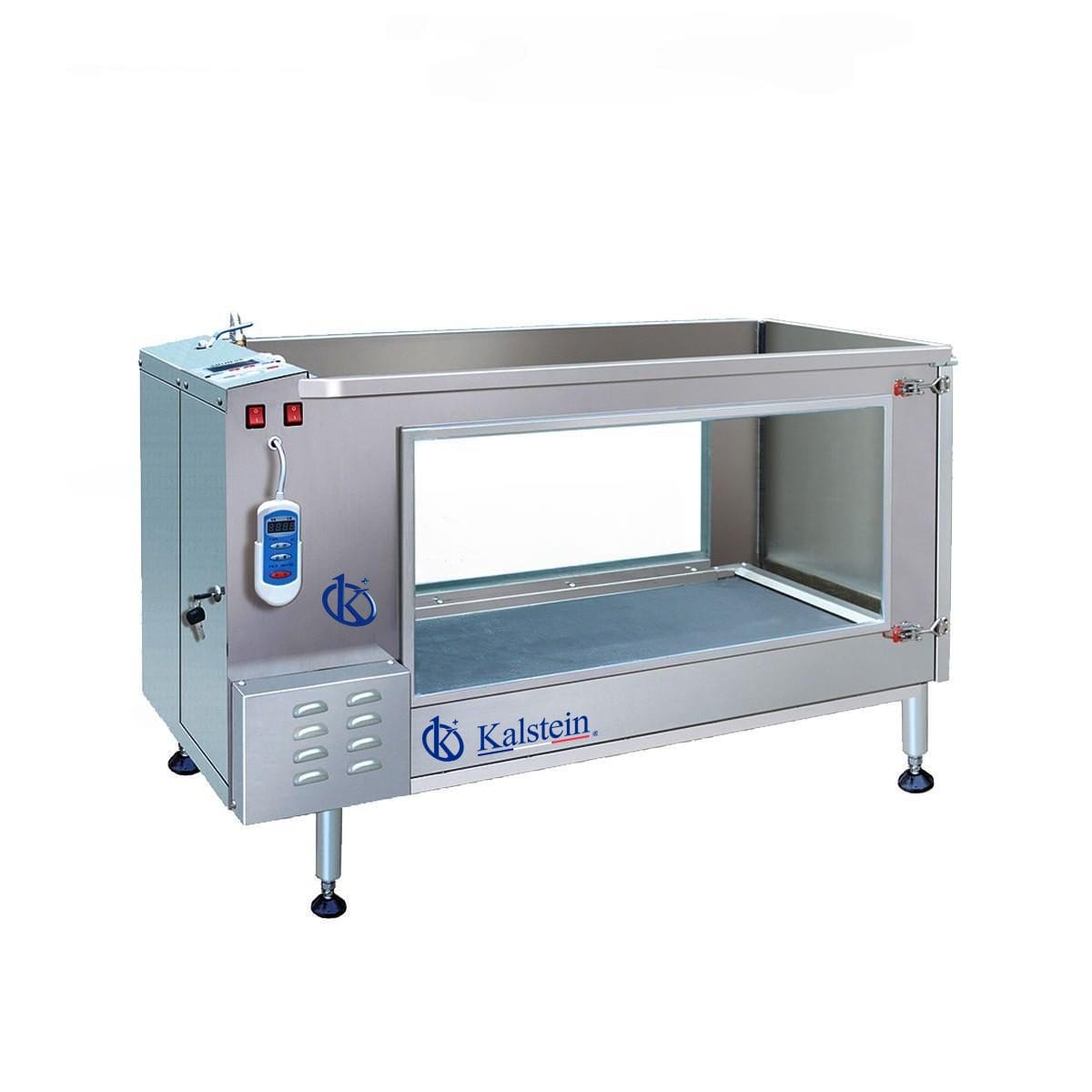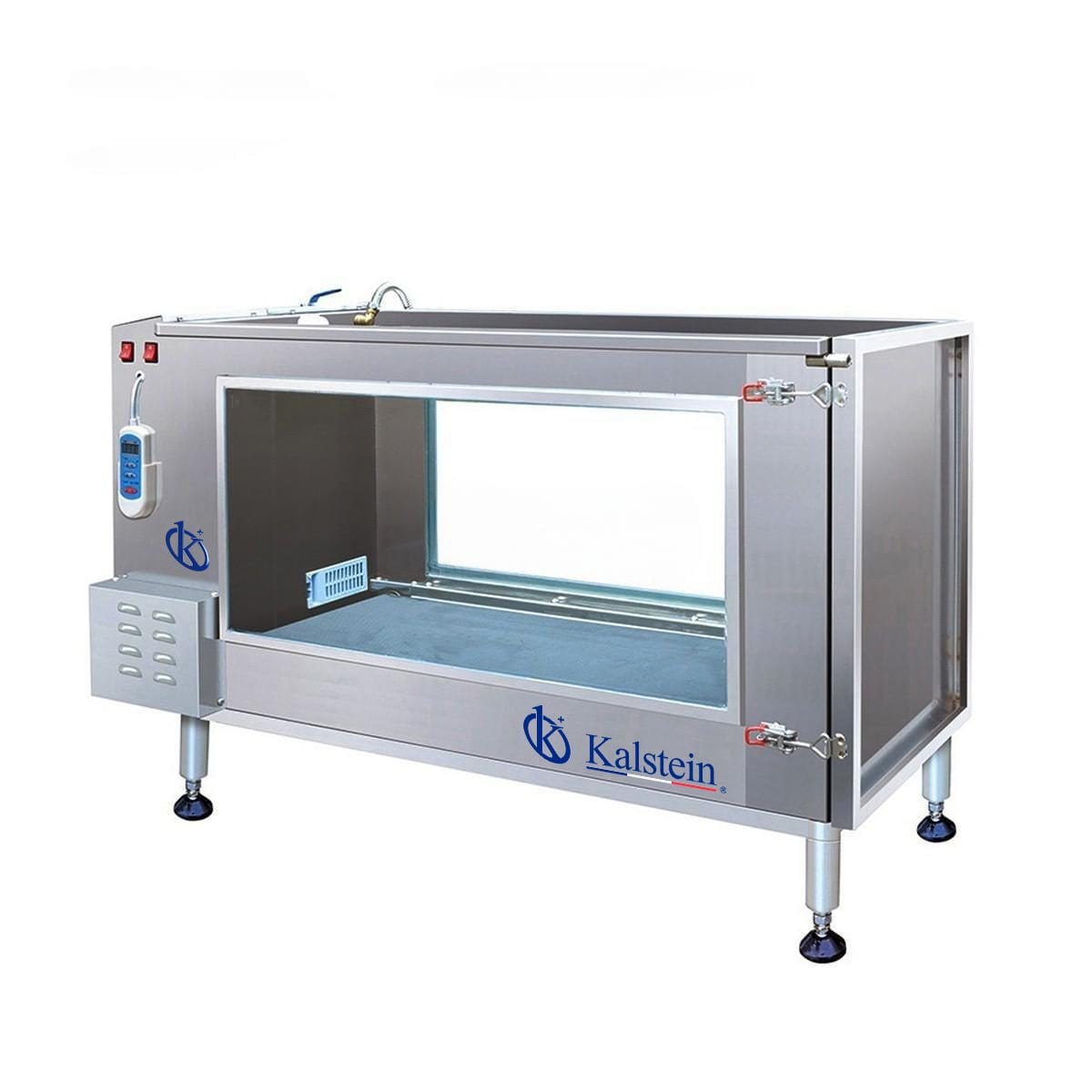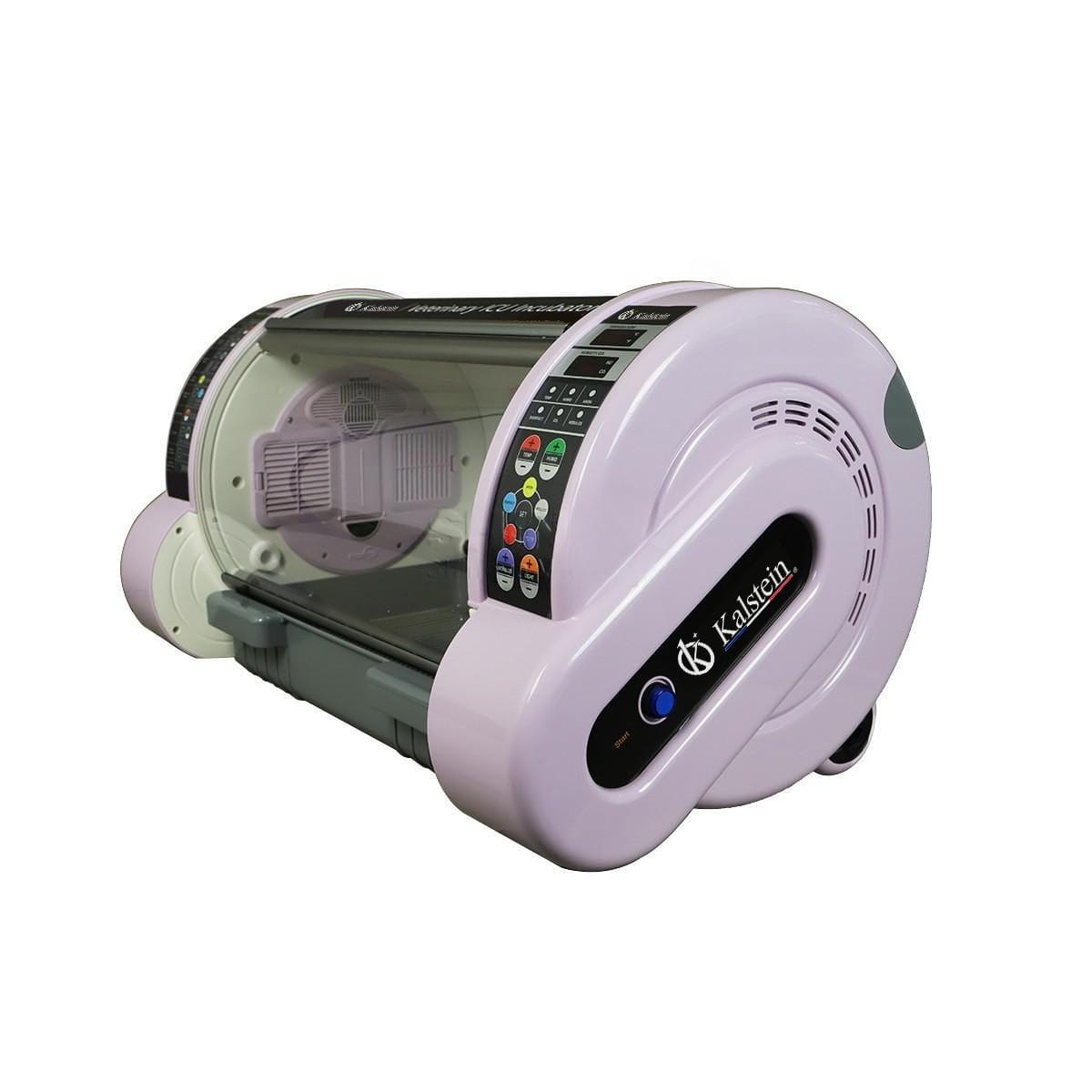It is essential for the work of laboratories the use of purified water, not only to wash the instruments used in the laboratory, but for the preparation of solutions for non-crucial testing; in addition to producing ultra-pure water needed for crucial experiments and chemical and biological applications.
Water purification systems have their optimal applications and advantages for water treatment; the process of water purification is mainly to remove contaminants and other unwanted organic particles in order to meet the needs of laboratories; water purification is to produce drinking water.
Types of water that can be produced by water purification systems in laboratories
- Type I: has minimum levels of ionized components and is used in procedures that require maximum accuracy and precision or when preparing solutions for metal tracking analysis.
- Type II: it is prepared by distillation and is free of organic impurities, it is recommended for most analytical and general laboratory tests.
- Type III: to obtain this water, different purification systems can be used such as distillers, the deionization of mixed layers and reverse osmosis and meets the requirements for some general laboratory tests; for most qualitative analyses, for the rinsing of analytical samples, preparations of standard solutions and for the washing or rinsing of glass materials.
Types of water purification systems for use in the laboratory
Activated carbon
It is based on an absorption process; it separates harmful materials or heavy metals, these activated carbon filters are used for the treatment of drinking water retaining by absorption of organic substances, aromas and flavors, or to filter the residues of medicines in the water. Carbon also acts as a reducing agent and is therefore effective for the removal of oxidizing agents; once saturated the active carbons must be replaced.
Distillation
It is a process where water is subjected to high temperatures until it evaporates, this steam is then collected and cooled to be converted back into purified water; this process is most effective in the elimination of bacteria, viruses, protozoa, lead and sulfates from water; it is used exclusively for medical applications and research laboratories.
Reverse osmosis
It is a method that allows to obtain pure drinking water from seawater; the water is passed under pressure by a semipermeable synthetic membrane that allows only the water molecules to pass in a single direction; it uses a dense membrane that allows the diffusion process; it can present different configurations depending on its application.
Ion exchange
Is a process suitable for the highly selective removal of specific contaminants; it is commonly used for the softening or demineralization of water, it is a specific chemical process in which unwanted dissolved ions in water and effluents are exchanged for other ions with similar charge, the less desired ones are exchanged for those that are considered desirable, these are loaded into the resin material.
Electrodeionization
This process combines resins and ion exchange membranes, to remove ionized species from the water; transfer ionic impurities into a wastewater stream leaving purified water as a result; the system is continuously regenerated and the water can undergo further treatment to improve its purity.
Microporousfilters
It is a filtration process with micrometer sized porous filters, allows water to pass through them, removes organic matter, suspended solids, small colloids, bacteria and turbidity.
You can find more information about the different types of systems described here for water purification, their advantages and disadvantages; on our website do not hesitate to contact us KALSTEIN through the link, we are a manufacturer of laboratory equipment of international coverage with the best offers in sales / purchase online, we can advise you about which is the best water purification system corresponding mainly to the range of applications for which its use is required; if you have doubts about which one to buy or install, we will help you, in addition to offering you the best products. HERE




